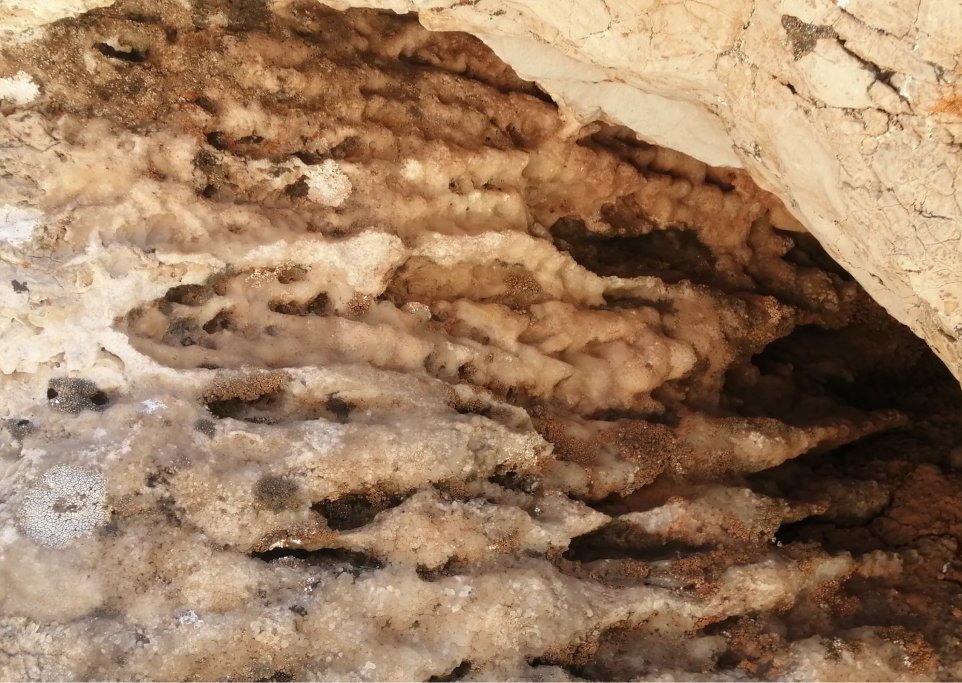1. Rock Crystal (Clear Quartz) – The Ice of the Earth
Where Found:
- Mount Lebanon Range (especially near Qornet es-Sawda, Lebanon’s highest peak)
- Caves of Jeita & Qadisha Valley (embedded in limestone)
Why It’s Special:
Ancient Beliefs: Called the "ice of the gods" by the Phoenicians, believed to amplify energy.
Modern Uses: Jewelry, meditation stones, and even optical instruments.
How to Spot It:
Look for glassy, hexagonal crystals in crevices or loose gravel near mountain streams.

2. Semi-Precious Stones: Lebanon’s Lesser-Known Gems
- Jasper & Carnelian: Found in Southern Mount Lebanon (reddish-brown stones).
- Pyrite (Fool’s Gold): Sparkly metallic cubes in iron-rich areas like Akkar.
- Limonite (Yellow Ochre): Used since ancient times for pigments (found near Tyre & Sidon).
Threats & Ethical Collection
- Illegal Mining: Digging without permits harms ecosystems.
- Fake “Lebanese Crystals”: Some sellers fake origins—buy from verified geologists.
How to Explore Responsibly:
Join guided geology tours (e.g., Lebanese Adventure Speleology Club).
- Never dynamite or over-extract—these are non-renewable resources.
Myth vs. Reality: The “Diamond” Hoax
-
🚫 Myth: “Lebanon has diamonds in its mountains.”
-
✅ Truth: No verified diamond deposits—but quartz can be just as stunning!

Leave a Reply